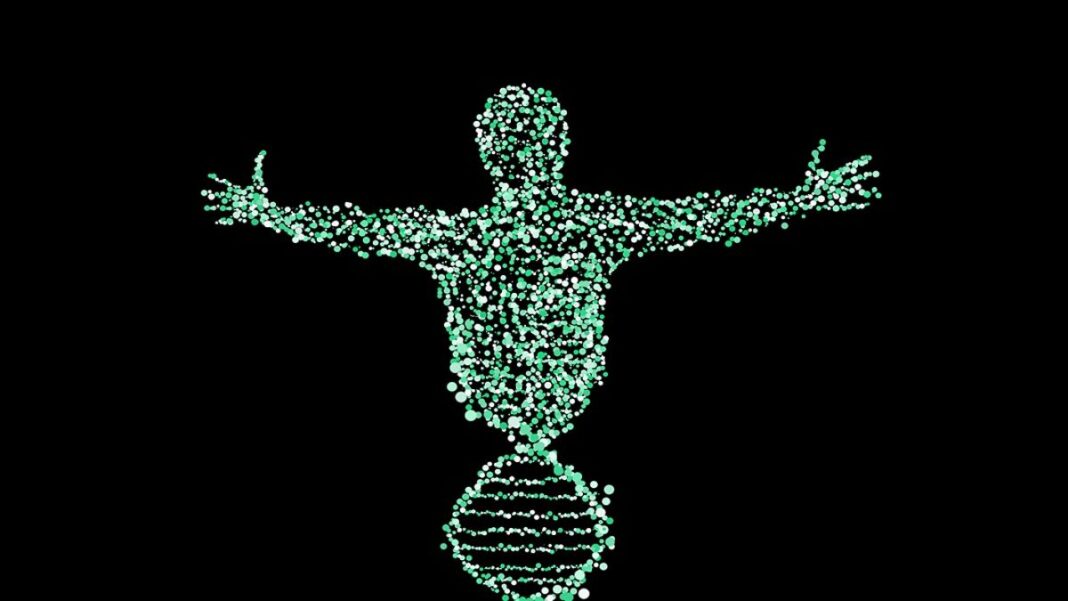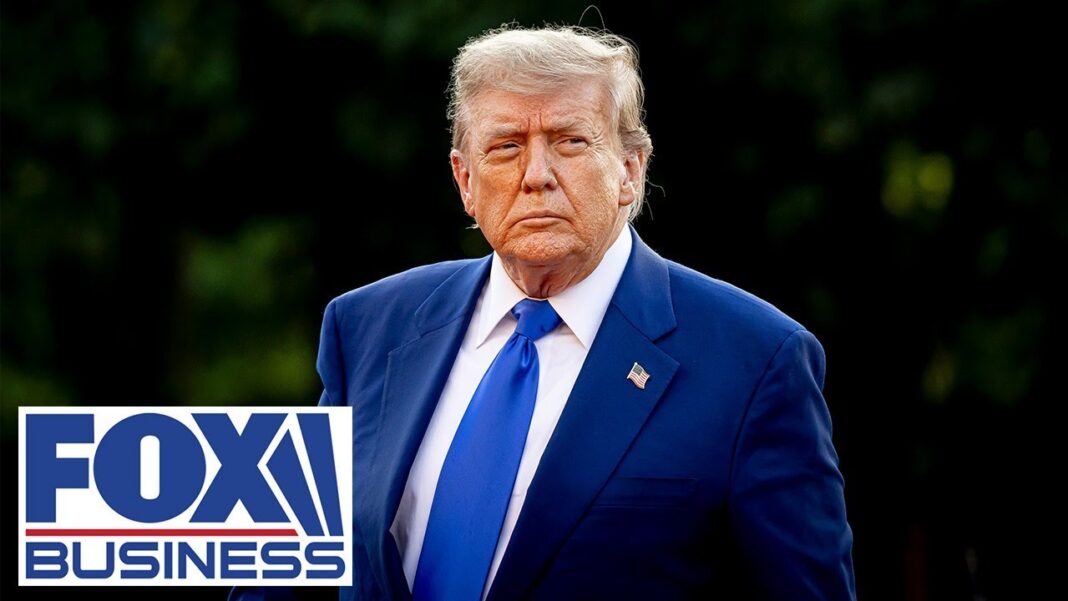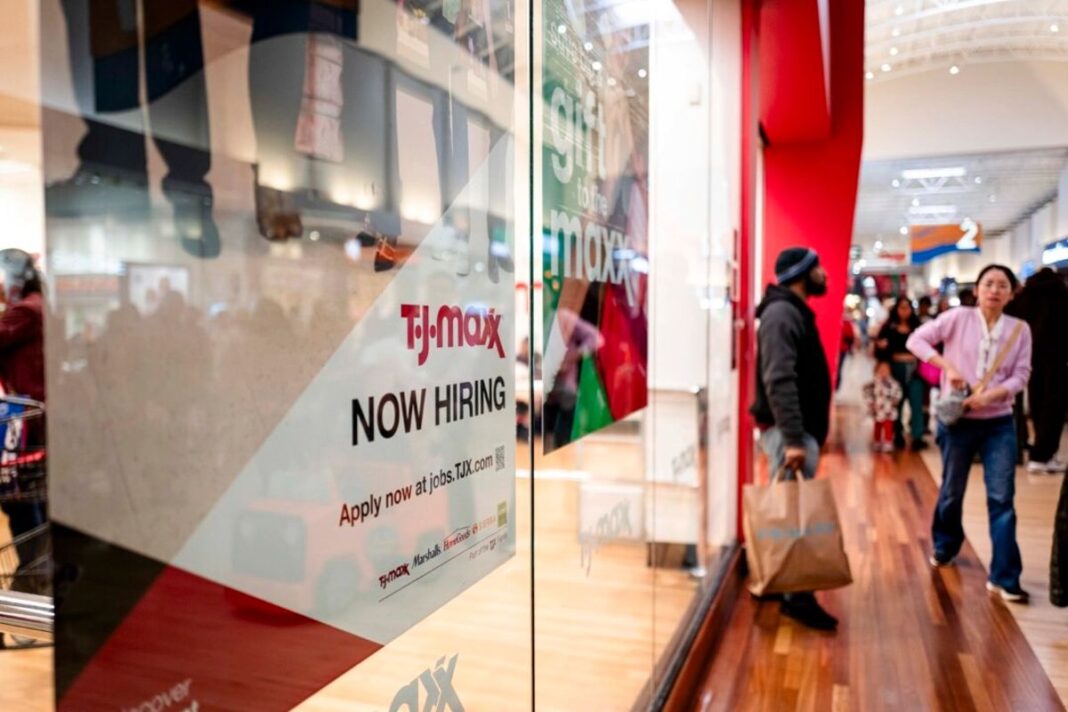Export of living cells of U.S. citizens to China and ‘other hostile countries’ has been stopped and is being reviewed, the FDA said.
The Food and Drug Administration has halted a program that allowed the transfer of U.S. citizens’ biological samples to China and other “hostile countries.”
The FDA’s ban and review are a necessary move to bolster U.S. biosecurity against the potential threat of biological warfare and bioterror by the Chinese Communist Party (CCP), said experts who spoke with the Chinese-language edition of The Epoch Times.
In recent decades, China has developed a broad array of specialized medical research capabilities, including genetic engineering. Due to their low handling costs, Chinese facilities have become popular destinations for biological samples.
“This [genetic] data is the key to understanding how different population groups respond biologically,” said Sean Lin, a former U.S. Army microbiologist.
He warned that sensitive genetic information in the hands of capable, malicious actors such as the Chinese regime could be used to further research on biological weapons targeting people of specific races or ethnicities.
What was once regarded as implausible or belonging to the realm of science fiction, Lin said, is now “a real threat made possible by current biotechnology.”
Lin said the cell samples being sent to China, rather than being static DNA sequences, “contain dynamic data about gene regulation and expression under different stimuli.”
The FDA said on June 18 that its immediate review of the program will scrutinize a variety of new clinical trials that sent the participants’ living cells abroad “for genetic engineering and subsequent infusion back into U.S. patients—sometimes without their knowledge or consent.”
Biological samples from the clinical trials were exported to “countries of concern” due to loopholes in a data security rule drafted at the end of 2024 and implemented in April by the Justice Department, according to the FDA.
Last December, the Biden administration had “specifically requested and approved a sweeping exemption that allowed U.S. companies to send trial participants’ biological samples” overseas, the agency said.
The Trump administration’s move to halt exports of American genetic samples overseas will likely impact a number of U.S.–China biomedical collaborations in the short term, Lin said, but the action is necessary to protect U.S. national security and Americans’ data privacy.
Asymmetric Biowarfare Threat
Shen Ming-shih, a researcher at Taiwan’s government-run Institute for National Defense and Security Research, said that China’s collection of foreigners’ DNA samples likely plays into the CCP’s asymmetric approaches for challenging the United States and its allies.
Asymmetric warfare refers to the tactics and strategies adopted in conflicts where there is a vast gap in the military capabilities of both sides.
“Variations in how different ethnic groups respond to specific pathogens could become decisive strategic variables” in biological warfare scenarios, he said.
While China’s People’s Liberation Army (PLA) is regarded by some experts as being qualitatively inferior to the militaries of the United States and its allies, the CCP could employ asymmetric means—including biological attacks—to its advantage, even without direct conflict.
By Leo Timm








